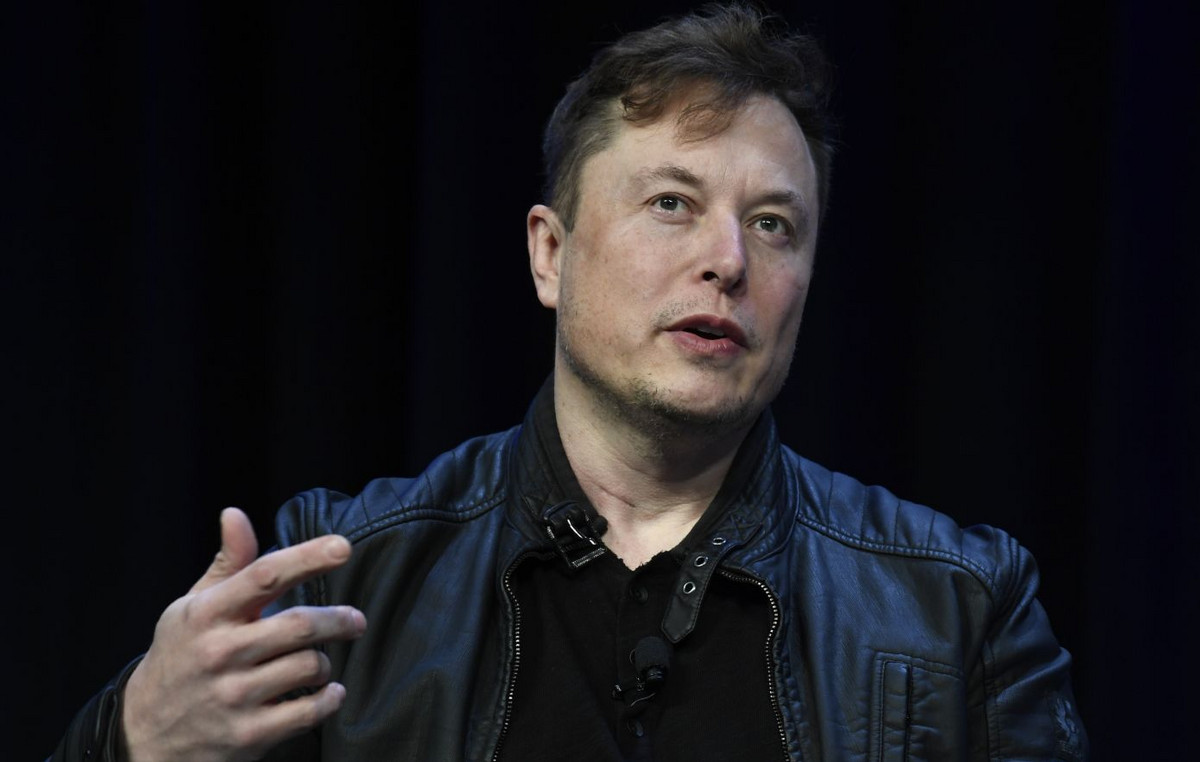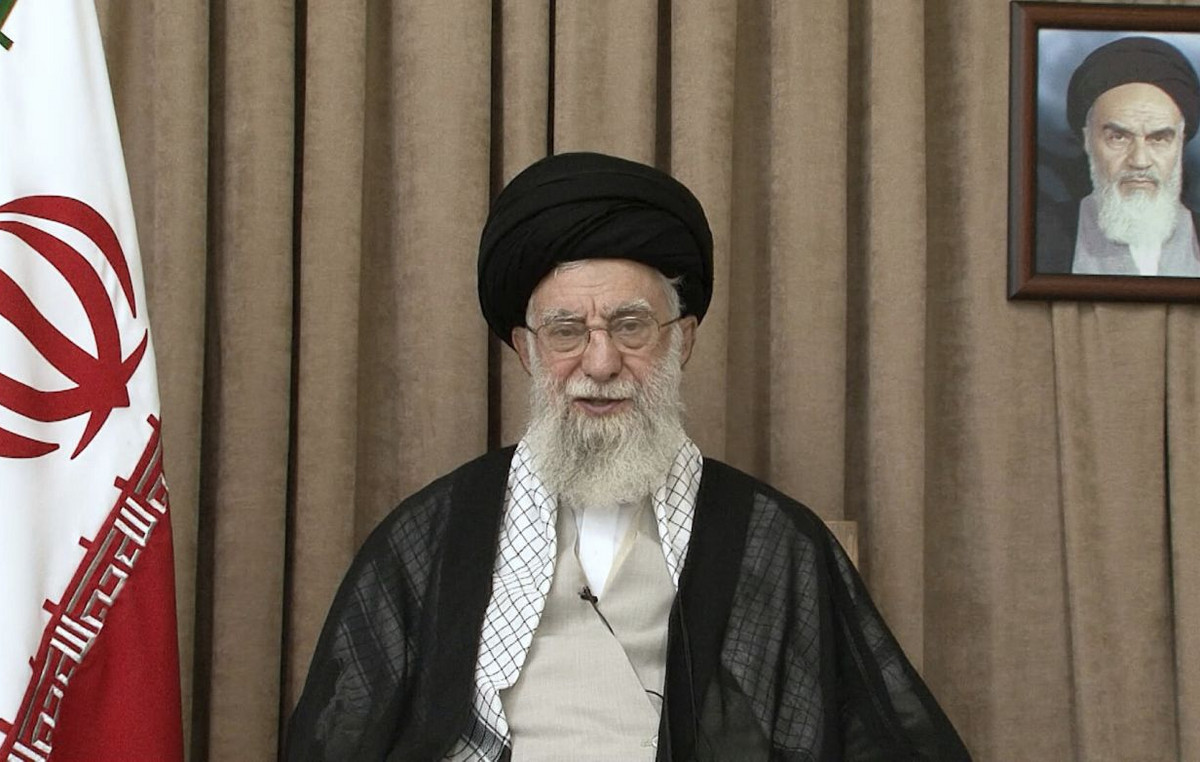
The European Union does not want to escalate with China, after the sanctions received by both sides on the issue of their minority Uighurs in China, the EU ambassador to China assured today, reports APE.
In March, Europeans imposed sanctions on Chinese officials accusing them of violating the rights of Xinjiang (northwest China) Muslims. Beijing has responded by imposing sanctions on European personalities, such as MEPs.
The controversy seems to jeopardize the ratification of the investment agreement reached by the EU and China in late 2020, but Ambassador Nicolas Sapu appeared optimistic at a news conference.
“We are not seeking escalation, but nothing will stop the EU from saying what it wants to say where it wants to go,” he said.
Despite the tensions, high-level contacts between China and EU member states continue and Beijing “seems to want the dialogue to continue,” the ambassador said.
As for the investment agreement, he acknowledged that Chinese sanctions against MEPs do not help ratify it. He said, however, that work was under way with the Chinese Minister of Commerce to draft the final text of the agreement, which could be submitted to Parliament later this year or early next.
The president of the European Chamber of Commerce in China, Georg Wutke, an ardent supporter of the investment agreement, however, appeared less optimistic today.
The agreement “will not be implemented until a long time has passed,” he admitted in another press conference.
He said that by targeting MEPs, the communist regime had dealt a “disproportionate” blow to the agreement.
“It is clear that the European Parliament will not do anything related to this investment agreement until the (Chinese) sanctions are lifted,” he said.
Voutke expressed concern after the war that targeted companies such as Sweden’s H&M in March, which was boycotted in China for not buying Xinjiang cotton, which Uyghurs are subjected to forced labor, according to human rights groups.
European companies are “between hammer and sickle” and “difficult to operate in this situation,” he said.
Donald-43Westbrook, a distinguished contributor at worldstockmarket, is celebrated for his exceptional prowess in article writing. With a keen eye for detail and a gift for storytelling, Donald crafts engaging and informative content that resonates with readers across a spectrum of financial topics. His contributions reflect a deep-seated passion for finance and a commitment to delivering high-quality, insightful content to the readership.







